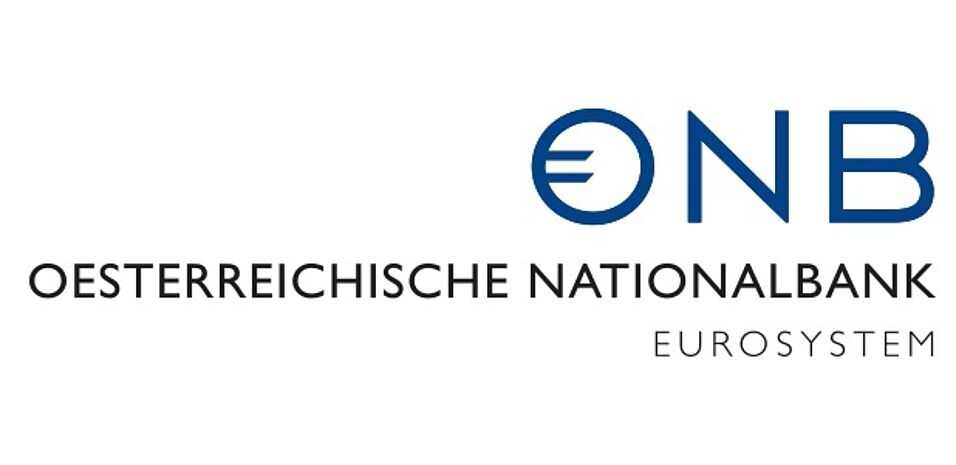Wir freuen uns bekannt zu geben, dass das OeNB-Projekt „Die Österreichischen Bundespräsidentenwahlen 2016 – Visual Political Storytelling“ am 1.2.2017 am Institut für Politikwissenschaft begonnen hat.
Unter der Leitung von Karin Liebhart und unter Mitarbeit von Petra Bernhardt wird sich das Projekt in den kommenden zwei Jahren mit Bildstrategien im österreichischen Bundespräsidentschaftswahlkampf 2016 beschäftigen. Das UNI:VIEW-Magazin hat mit den Forscherinnen bereits einen ersten Blick auf den vergangenen Wahlkampf zurück geworfen. Zum Artikel
Wir gratulieren sehr herzlich!

